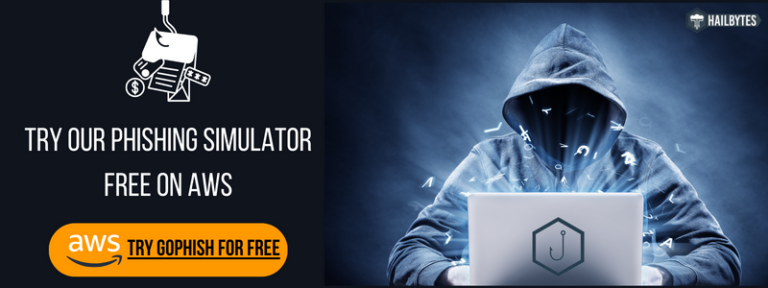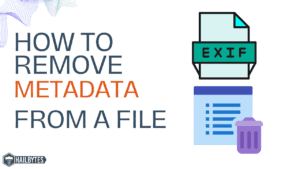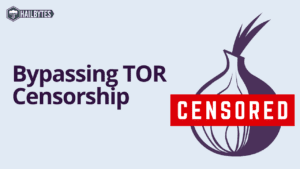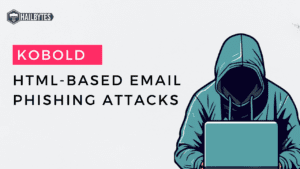Top 10 Reasons why you should use MFA-as-a-Service
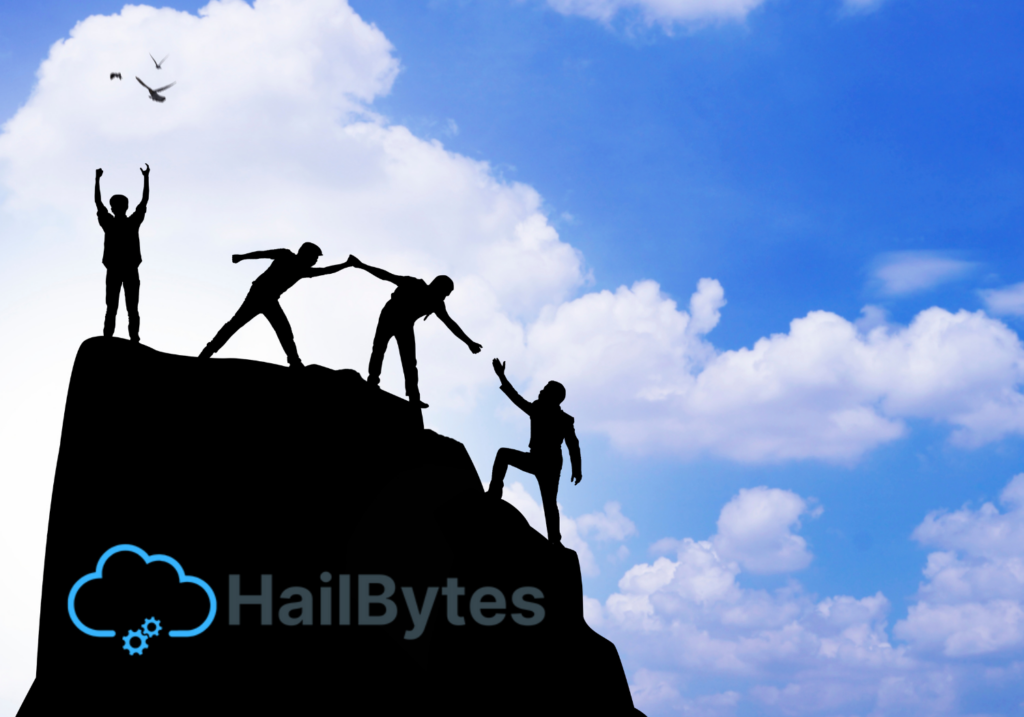
Introduction
In an era plagued by cyber threats and data breaches, protecting our digital identity is more
critical than ever. Fortunately, there’s a powerful tool that can fortify your security: Multi-Factor
Authentication (MFA). By adding an extra layer of defense beyond passwords, MFA thwarts
hackers and safeguards your sensitive information. In this article, we’ll explore the benefits of
MFA, from countering password-based attacks to outsmarting phishing attempts. Uncover the
key to stronger account security and gain peace of mind in an increasingly interconnected
world.
What is MFA
MFA, or Multi-Factor Authentication, is a security measure that requires users to provide two or
more pieces of information to verify their identity. It goes beyond a username and password
combination by adding additional factors such as a fingerprint scan, a one-time password (OTP)
sent to a mobile device, or a security token. This multi-step verification process greatly
enhances security and makes it more challenging for unauthorized individuals to access
accounts or sensitive data.
Why Use MFA
1. Increased Account Protection: MFA adds an additional layer of defense beyond
passwords, making it considerably more challenging for unauthorized individuals to
access accounts or sensitive data. This means even if passwords are compromised, the
additional authentication factor adds an extra barrier of protection.
2. Mitigation of Password-Based Attacks: MFA mitigates the risk of password-based
attacks, such as brute force or credential stuffing. Attackers would need more than just
the correct password to gain access, thereby reducing the success rate of such attacks.
3. Prevention of Phishing Attacks: MFA helps safeguard against phishing attacks, where
attackers trick users into revealing their login credentials through fraudulent websites or
emails. Even if users unknowingly enter their passwords into phishing sites, the second
authentication factor required by MFA adds an extra verification step, minimizing the
effectiveness of such attacks.
4. Stronger Identity Verification: By utilizing multiple authentication factors, MFA provides
stronger identity verification, reducing the chances of impersonation or unauthorized
access. Factors like biometric data or physical tokens offer more robust verification
compared to passwords alone
5. Increased user productivity: MFA can help to increase user productivity by reducing the
time spent resetting passwords and dealing with account lockouts.
6. Peace of Mind: By utilizing MFA, individuals and organizations gain peace of mind
knowing that their accounts and sensitive information have an added layer of protection.
It instills confidence in the security of digital assets and reduces the risk of unauthorized
access or data breaches.
7. Compliance with Regulatory Requirements: MFA is often required to comply with data
protection regulations and industry standards. Implementing MFA not only enhances
security but also ensures adherence to legal and regulatory requirements.
8. Flexibility and Convenience: MFA services offer flexibility in choosing authentication
factors based on user preferences or specific requirements. It can include options like
SMS-based OTPs, mobile apps, hardware tokens, or biometric verification. Additionally,
advancements in technology have made MFA more user-friendly and streamlined.
9. Reduced IT costs: MFA can help to reduce IT costs by reducing the number of support
calls and help desk tickets related to account security.
10. Improved customer satisfaction: MFA can help to improve customer satisfaction by
making it easier for customers to access their accounts and by reducing the risk of fraud.
Conclusion
Multi-Factor Authentication provides significant security, productivity, and organizational
improvements. Equally as important is the confidence to explore and interact with our
technologically driven society without fear of your sensitive information being hacked, fostering
a sustainable relationship between people and technology as hacking becomes more
accessible and lucrative. These benefits will act as a driving force in pushing society forward
towards technological, economic, and social innovations.

